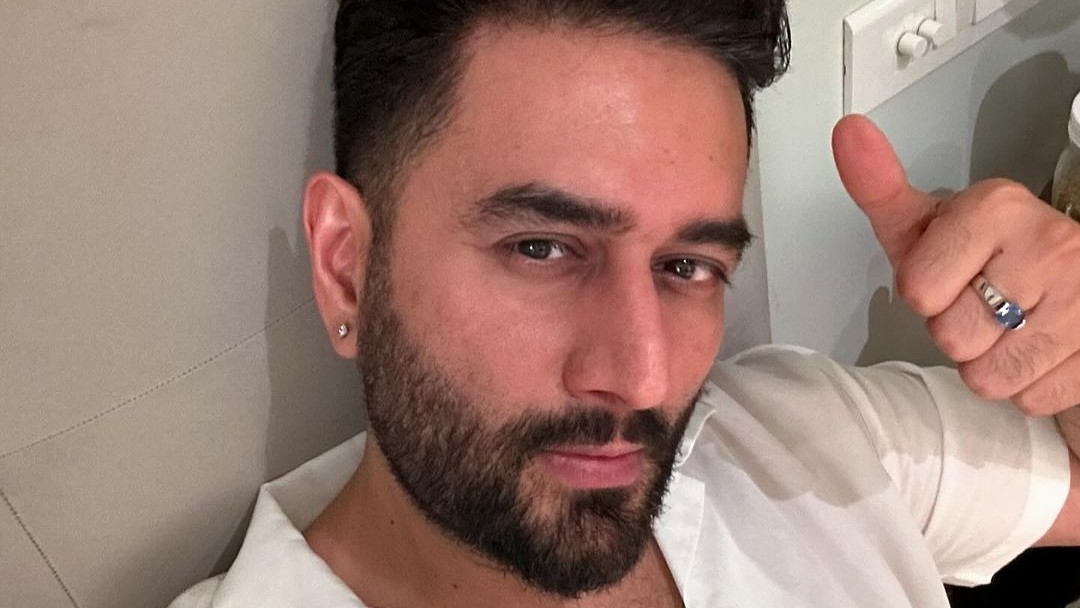Shekhar Ravji., the well-known singer-composer in Bollywood, described his struggle with left vocal chord paresis as the most horrific event of his life two years ago. He was mentally scarred by the experience, and he still recalls it.
In an emotional Instagram post he recently shared, he reached out to his fans about his condition and what he has been suffering from in the past two years. In the thread, he shared his journey in slides along with a few pictures, sharing how the first time he lost his voice due to a condition called left vocal cord paresis, diagnosed by Dr. Nupur Nerurkar.
“I was destroyed. Honestly, I was pessimistic. I thought I would never be able to sing again,” he wrote. He mentioned connecting with Dr. Erin Walsh and how she helped him gain back his voice and his confidence. “We spoke at length, and she made me feel comfortable, and eventually, miraculously, she made me believe that I could sing, which was the first step. But each time I cried, I croaked and began to hate the sound of my voice… but, she was unwavered and kept working on my voice and spirit. Her sheer determination, dedication, and positivity made my paralysed left vocal cord come back to normal within a few weeks,” Shekhar added.
What is left vocal chord paresis?
Left Vocal Chord Paresis is a condition where the left vocal cord becomes weak or partially paralyzed. This affects how the vocal chords come together and vibrate to produce sound. Vocal chords are essential for speaking, breathing, and singing, so any weakness can significantly impact a singer’s voice.
For singers, this condition can cause a softer voice, reduced vocal range, breathiness, and difficulty maintaining consistency of notes. It might also lead to vocal fatigue, making it hard to perform or practice for long periods. “Losing my voice was by far the most traumatic experience of my life. Even contemplating a life where I might not be able to sing was the most frightening thought,” Shekhar shared.
What causes vocal chord paresis?
Several factors result in paralysis or vocal chords. Injury to the nerve controlling the vocal cord (the recurrent laryngeal nerve) that occurs during surgeries like thyroid, heart, or neck surgery can be a factor.
Viral infections can inflame or damage the nerve. Or, even a physical injury to the neck or chest can harm the vocal cords. Diseases like multiple sclerosis or Parkinson’s may affect vocal cord function. A tumor growth pressing on the nerve can also lead to paresis.
How has this condition affected Shekhar mentally?
Shekhar went on to discuss how the experience had impacted his mental health, characterising it as a time that might easily push someone into a dark place. He remembers times when he was really depressed and found it difficult to find hope in the face of uncertainty.
He put on a brave front for his family in spite of his own inner dispute, worked hard in the studio, and gave his all on stage. He struggled with a troubled state of mind on the inside, but he decided not to publicly express or talk about it. He said, “Mentally, I was a bit disturbed. But I avoided expressing or talking about it.”

